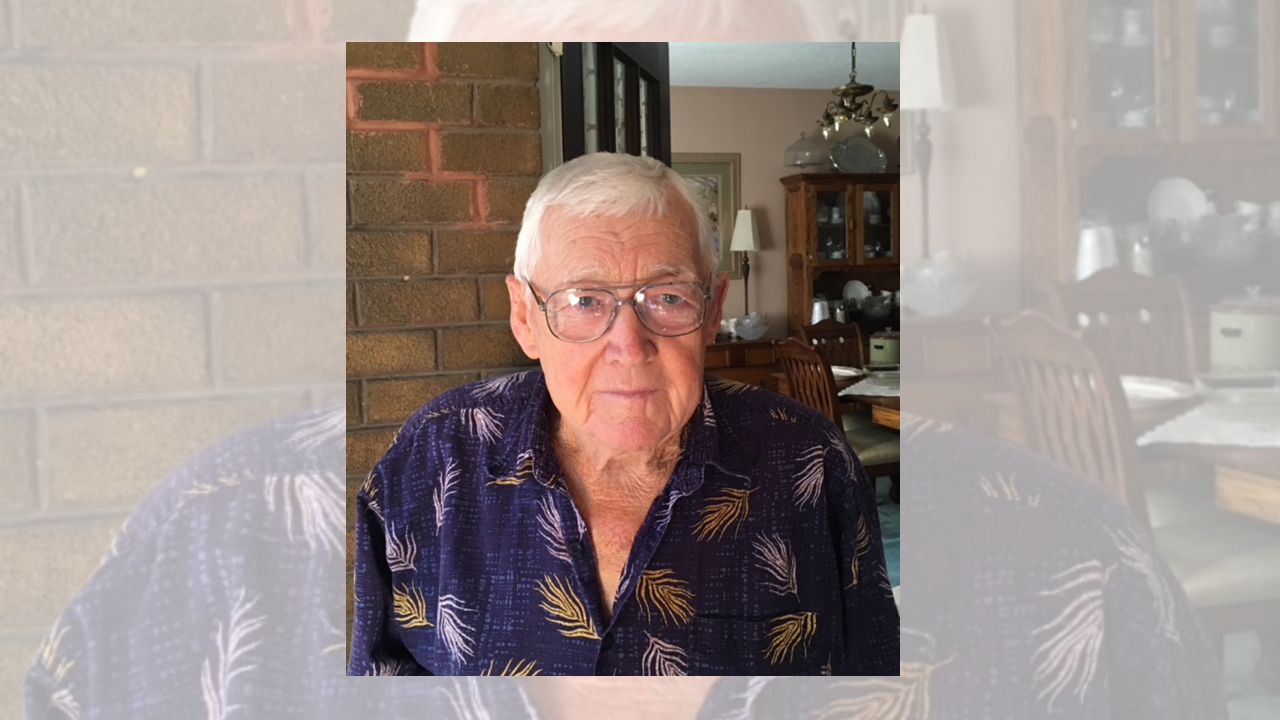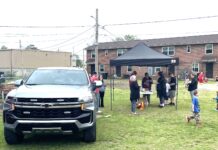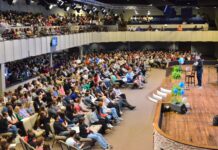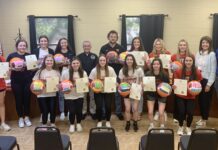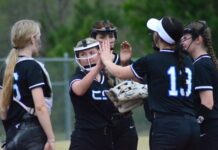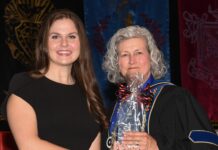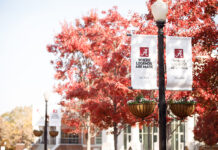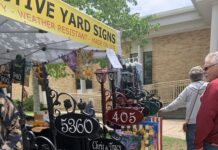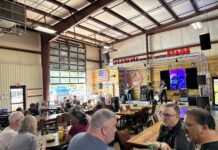Cullman County native and Korean War veteran Kenneth Glasscock
CULLMAN – Kenneth Glasscock's grandparents were among the early homesteaders of Cullman County in the late 19th century, establishing a family farm about a mile east of Berlin on the route that would become Highway 278. He was born on that farm in 1930, and grew up there.
And there, on Jan. 18, 1951, he received his draft notice, just as war in Korea seemed to be getting out of hand. United Nations (UN) troops were in widespread retreat in the face of a massive Chinese invasion, and Gen. MacArthur was pondering the use of nuclear weapons. At least Glasscock would have a little time for training before he had to go.
He was sent to Camp Chaffee near Ft. Smith, Arkansas for basic training, then received advanced training in artillery. He was then assigned to the 143rd Field Artillery Regiment that was attached to the 40th Infantry Division, a National Guard unit based in California, and composed mainly of troops from that state. Glasscock and others had to catch up with the division, which had already shipped out to South Korea.
Glasscock recalls the journey by ship across the Pacific, and disembarking at the South Korean port of Inchon. From there he rode a train, then big trucks, then small trucks, then finally he and three other new soldiers arrived by jeep at Kumhwa Valley in the central section of the war front. Of the four men in that jeep, he alone survived the war.
Glasscock credits his survival to an unexpected friend to whom he referred as "my guardian angel." Almost as soon as the jeep stopped at their new base, a Lt. Sample appeared.
Glasscock recalled, "He said, 'Which one of you is from Alabama?' I told him I was, and he said, 'Come with me. We've got to be at the front before dark.'"
Thus, even before he could settle into his new bunk, Pvt. Glasscock became a Forward Artillery Observer, responsible for guiding friendly gunners to their targets by getting close enough to see the enemy. Lt. Sample was a treasured find among all the California troops: he was a Birmingham native who took his fellow Alabamian under his wing and helped him get quickly oriented to his new surroundings and to the bewildering experience of combat. The two were close friends until they were separated by redeployment and returned home. Glasscock tried to find Sample back in the states after the war, but never located him.
During his year of deployment (1952-53), Glasscock encountered things among the Koreans he had never seen before. He found them to be a resourceful people, even while struggling under the brutal hardships of war. Leftover food that U.S. troops threw away was gathered up by locals. Empty wooden ammunition crates were converted to lumber for houses and other buildings. Accustomed to mule-powered farming in Cullman County, he watched men with no livestock hitch themselves up in teams to plow fields. To see what they did in the midst of so much devastation left a lifelong impression on him, one that continues to this day. He expresses amazement at the recovery South Korea has experienced in a single generation since the war, noting that a major Korean manufacturer (Hyundai) even has a factory here in Alabama now.
Glasscock finished his tour of duty as a corporal, and wondered at points if he would actually make it home. His enlistment expired while he was on a ship headed for California. The plane that was to fly him from California to Kentucky experienced engine trouble leading to a shutdown over an airport in Nebraska.
He grinned as he recalled thinking to himself as the plane went into a momentary nose dive, "I made it through all that and came all the way home, to die in a plane crash in Nebraska."
He can laugh about it, now.
Glasscock arrived home after a 43-day journey, and began tinkering around the family farm for a while, before a high school friend, Norman Dye, who had also recently returned from Korea, helped him get a job at one of Birmingham's steel plants. Though the farm and community looked like they did when he left, he recalls that everything was somehow different, though, "…even Mom's cooking."
Attending services at Oak Level Baptist Church, he met a young lady named Helen Pruitt, whom he soon married. They're still together today, recently celebrating their 62nd anniversary, and they're still active members at Oak Level. They live in east Cullman now, near where Helen teaches at St. Bernard Prep School, and they've been around long enough to watch their grandchildren have children.
Not a bad way to end a war story.
Copyright 2016 Humble Roots, LLC. All Rights Reserved.

